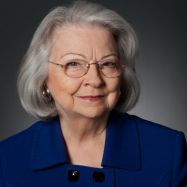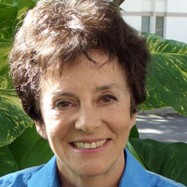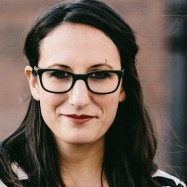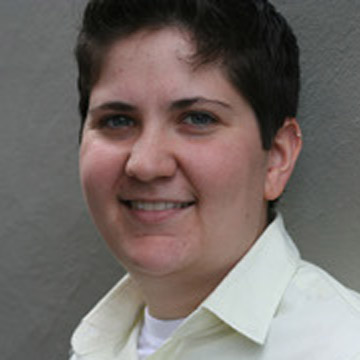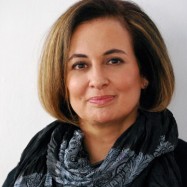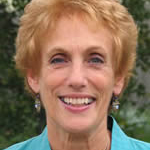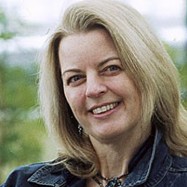I was 18 when I arrived at Mount Holyoke College in Massachusetts as a foreign student from Kolkata, India. One of the first books I read was The Feminine Mystique. Friedan challenged the domestication of women and created a firestorm that linked the personal and political. More than three decades later, I am happy to report that women — whether in South Hadley or New Delhi — remain on the front lines of change.
In 1985, women had to fight for the United Nations to adopt its first ever resolution using the term “domestic violence.” In a few days from now, an unprecedented 6,000 advocates, representing more than 150 countries, will converge on New York City to participate in the upcoming 57th session of the U.N. Commission on the Status of Women, the focus of which is the elimination and prevention of violence against women and girls. And this time around, women are demanding that governments make tangible and concrete commitments to stop the violence.
I believe these asks are going to be realized. Because 50 years post-Friedan, the global pandemic of violence against women has finally reached a tipping point. From the demonstrations on the streets of New Delhi to the protests against the sexual violence in Cairo’s Tahrir Square, women — and, importantly, their allies — are making the connections and saying enough is enough. On February 12, a version of the Violence Against Women Act that included protections for immigrant women, Native American women, and members of the LGBT community passed with a resounding majority in the Senate. Today, if the House votes the right way on this inclusive version of the bill, we will continue on a path to ensure that women — all women– be protected from violence.
Women have made it abundantly clear that any hope for a peaceful and just world needs to start with them. And this time around, it looks like men are listening, and standing — and marching — with them. That’s why I believe that this generation will see the beginning of the end of the violence.
Mallika Dutt is founder, president and CEO of global human rights organization Breakthrough, which focuses on critical global issues including violence against women, sexuality and HIV/AIDS, immigrant rights and racial justice.



